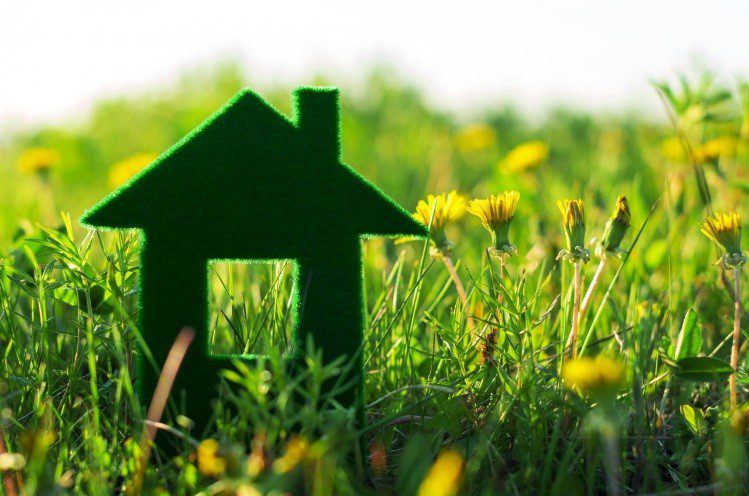Founder of a community living and learning space Cuckoo Hostel in Kormangala, Bengaluru, Rajat Kukreja, lives in a house that cost just INR 50,000 to build. It is a 100 square feet micro-home with amenities such as electric connection and appliances, study table and a bed. Due to the materials used to build the house, it remains cool during the summer months. The smartly designed ventilation also helps. Kukreja says that he always wanted to live in a house that he was involved in building.
As real estate costs rise, Bengaluru entrepreneurs are looking at alternative methods of using upcycled materials and build spaces that are sustainable, low cost, energy efficient and easily movable. Various designers and builders are turning to alternative architecture and sustainability. Founder of Pop-Up Housing Sampath Reddy is building a culture and community centre called Estherra in Sheshadripuram. Using the modular system, he is also building a house of wheels and a tree house.
Reddy even plans to include certain systems in the spaces he is building such as rainwater harvesting, vertical gardens, solar system and various other sustainable solutions. He will soon offer standardised housing kits that can be assembled using a DIY process. Pop-Up Housing aims to solve accessibility and space problems in cities, where affordable spaces have become scarce. Sustainable spaces are the need of the hour as resources become scarce. Designers are looking to build spaces that would need no air-conditioning and will be earthquake proof.
Upcycled materials include modular and angle framing systems that can be bolted without welding. They are repurposed and light and do not require high civil works. Concepts such as zero-mile building and local sourcing are increasingly becoming popular. Saahas Zero Waste, a company using recycled waste to design partitions, has supplied materials to Share Studio, a co-working space in Sadashivanagar, to build the interiors, reports ET Realty.


